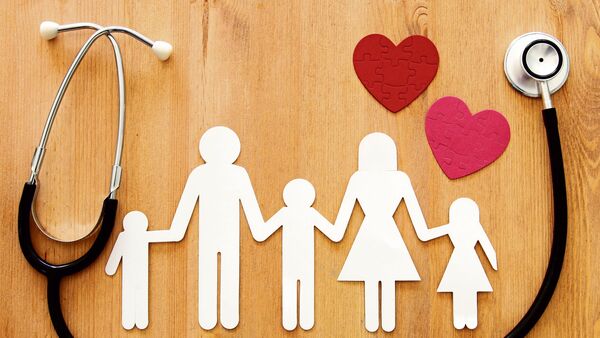
The query about whether sexual activity contributes to heart health doesn’t have a straightforward yes or no response. The scope of our understanding is confined to the insights that research can provide. While observational studies can identify correlations, they can’t establish a definitive cause-and-effect connection. Proving such a relationship would necessitate randomized clinical trials involving control groups that abstain from sex for an extended period—a scenario that’s unlikely to be realized. Nevertheless, anecdotal evidence strongly indicates that engaging in sex aligns with a heart-healthy way of life.
Here are responses to common inquiries concerning the impact of sex on heart well-being:
Is sex a form of exercise? While it entails movement, it doesn’t qualify as substantial exercise. The caloric burn during an average sexual encounter—lasting around five to 15 minutes—is relatively modest. It’s equivalent to the energy expended during a 20-minute mile walk. The heart rate peaks at around 110 to 120 beats per minute, barely constituting cardiovascular exercise. Relying on sex to fulfill the recommended 150 minutes of moderate activity per week isn’t realistic.
Does sex promote heart health? Potentially. A study indicated that men engaging in sexual activity twice a week or more exhibited a lower likelihood of developing heart disease compared to those with less frequent sexual activity. Although such research often centers on men due to historical perceptions about heart disease prevalence, we now acknowledge that heart disease affects all genders. Consequently, it’s plausible that women could derive similar benefits from an active sex life. However, further research is imperative. These studies don’t conclusively demonstrate that sex prevents heart disease; they suggest that sex is a facet of an overall heart-healthy lifestyle. Experts view sexual activity as a sign of well-being. A heightened frequency of sex could indicate enhanced fitness and activity levels. Conversely, individuals who are out of shape and unable to engage in satisfying sexual activity might need to implement lifestyle changes.
Is sexual activity risky for individuals with heart disease? Most likely not. If your physical condition allows for sexual activity, medical professionals usually endorse it. Blood pressure typically elevates during sex, peaking around 160/90—comparable to the rise experienced during a brief brisk run. This increase reverts to normal post-intercourse. While anecdotes exist about heart attacks occurring during sex, such instances are exceedingly rare.
Can sexual activity contribute to overall well-being? Even if your intimate encounters aren’t vigorous sessions, regular sexual activity can be a fulfilling aspect of a wholesome lifestyle. It can engender happiness, relaxation, and reduced stress—a definite advantage.



